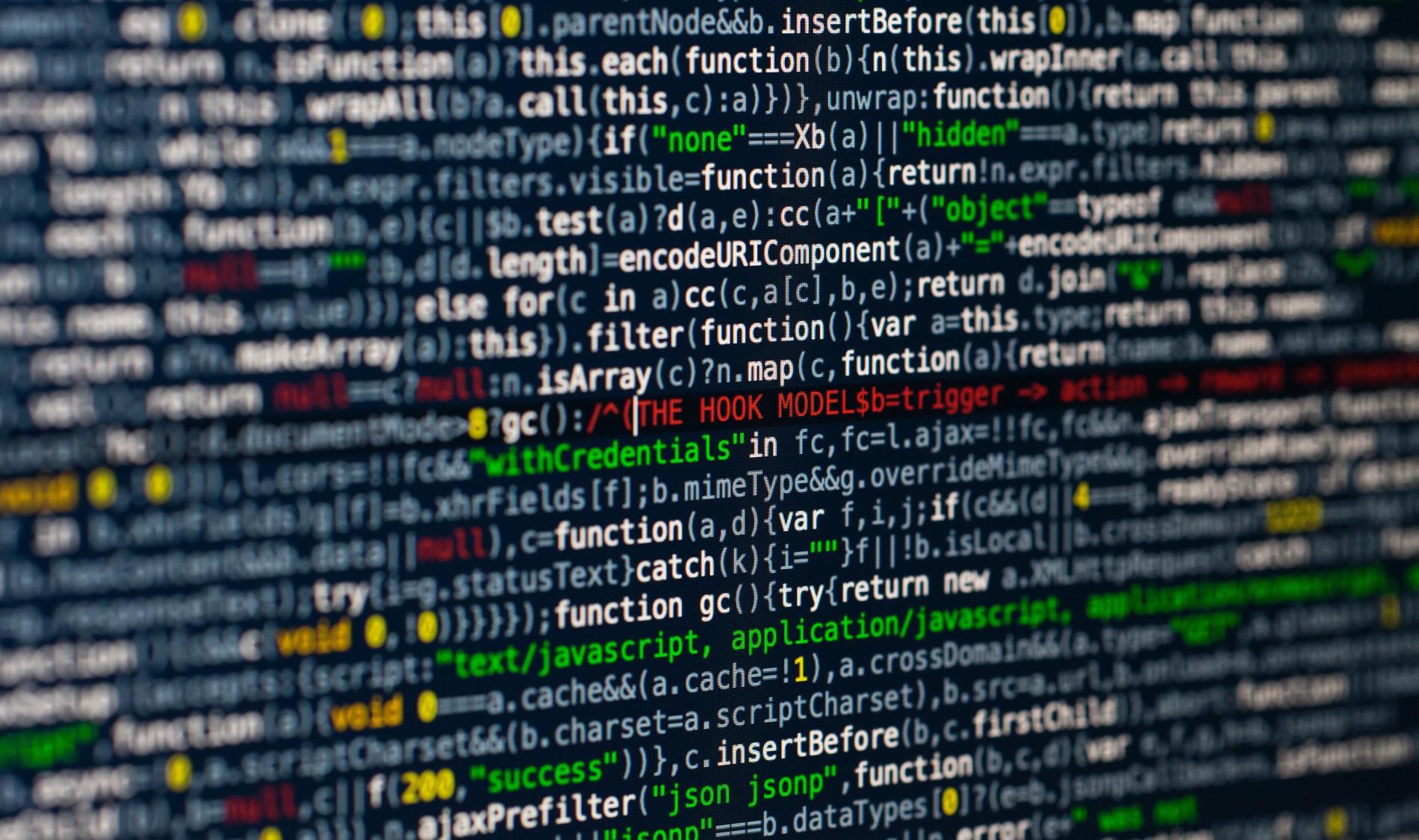-

- 23 Nov, 2020

Author: Anushka Mittal
This was first published as a blog in The Indian Journal of Law and Technology. The views are of the individual author.
The Political Economy of Data
Data and data governance are hotly contested issues in the 21st century. Typically, they have been perceived as questions of policy and political economy. Data is attributed multiple characterizations, one of which is that of a resource. There are many ways of looking at data as a resource, such as by employing a political economy lens. This is based on the idea that “the world economy is transitioning from a phase of container shipping to one of packet switching, where the largest and most important cross-border flows are data, not physical goods”. Alternatively, data can be viewed as a ‘factor of production’ and a ‘new economic resource’. What these ideas bring to the fore is the lack of a corresponding discourse around economic rights which results in an uncritical acceptance of ‘free’ data collection, thereby making appropriation and hoarding as the most remunerative business model for most large digital companies. To understand these premises further and to also analyze the solutions to change the state of affairs, this post attempts to look at the emerging data protection debates through a constitutional lens.
Read full piece here.